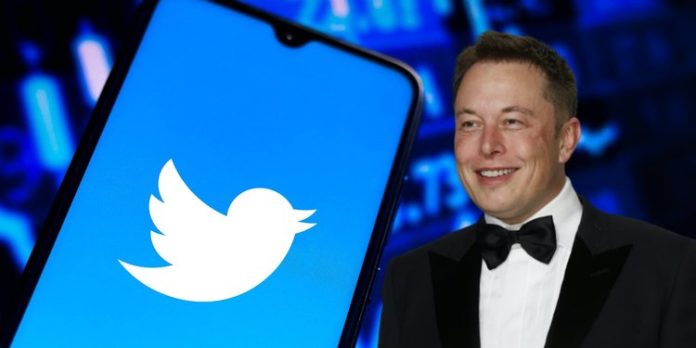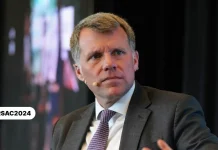“I hope that even my worst critics remain on Twitter because that is what free speech means,” Elon Musk said after reaching a deal to buy Twitter for $44bn. However, human rights activists worry that the possible privatization of the social media giant could reduce its transparency and accountability.
The world’s richest man will now run the platform with 217 million daily users. The deal is expected to close sometime this year after shareholders weigh in. After the deal’s announcement, Twitter users flooded the network with memes and speculations that we could have used $44bn to build an iron man suit instead.
Former Twitter CEO Jack Dorsey said he doesn’t believe anyone should own Twitter, but Elon is ‘the singular solution’ he trusts. Many experts say the deal will be a game-changer, yet human rights activists worry the changes might not necessarily benefit the society.
Access Now, a non-profit with a mission to defend and extend the digital civil rights of people worldwide, urges shareholders to include necessary human rights protections in terms of the sale to safeguard the platform’s most vulnerable users. They are also concerned about Musk’s intentions to take Twitter private immediately following the sale.
“Spyware companies and other sections of the tech industry with troubling human rights records have used this type of regulatory darkness to act with impunity,” said Peter Micek, General Counsel at Access Now.
In practice, the privatization of a company reduces opportunities for transparency and accountability.
Musk’s vision for Twitter includes making the tweet algorithm public, which, experts argue, might mean less moderation. He said that disinformation, misinformation, and hate speech have no place on Twitter. Yet, Musk is known as a free speech absolutist, and that, Access Now argues, increases the likelihood of Twitter being used as a tool for inciting violence, hate, and harassment.
“Elon Musk has a limited understanding of free expression and the complexities surrounding its practical enjoyment,” said Javier Pallero, Policy Director at Access Now. “His apparent lack of concern for the importance of content moderation on the platform reflects his limited consideration for how hostile online spaces can be for marginalized groups. It also overlooks the often-fraught relationship between social media and political discourse, and the problems of scale, in which even legal content can become weaponized when circulated en masse.”
Twitter is popular among activists, journalists, outspoken groups, and human rights defenders. Therefore, Access Now urges to immediately solve data protection and privacy issues as “private data on the platform is ripe for exploitation if proper safeguards are not in place.”
Access Now noted that Twitter had made significant investments in understanding how its services impact people’s rights, coordinating with civil society and researchers to support at-risk communities.
“This commitment to ‘healthy conversations‘ has not been without its issues,” said Carolyn Tackett, Campaigns Director at Access Now, “but a turn away would seriously harm human rights on one of the world’s most important platforms for public discourse and come at the loss of a leading voice in the sector.”
Access Now called on Twitter, its shareholders, and the financial institutions backing the sale to halt it or otherwise intervene unless the significant human rights risks it presents are addressed.
Concrete measures to protect human rights should include conducting an independent human rights impact assessment of the proposed acquisition, as well as embedding respect for human rights at the board level by appointing an independent human rights chair and a board committee accepting reports directly from the human rights team.
“The company should also publicly disclose what, if any, human rights due diligence was conducted before agreeing to the sale and how the Board exercised its duty of care and concluded the company will be able to meet its human rights responsibilities under Musk’s ownership,” Access Now said.
More from Cybernews:
Ransomware evil: does REvil stand up to its name?
Russia claims to have shut down REvil ransomware group
Audio codec flaw left two-thirds of Android smartphones vulnerable to spying
Criminals increasingly spoof credit unions
Suspect in $70 million ransomware attack extradited to the US
Subscribe to our newsletter











